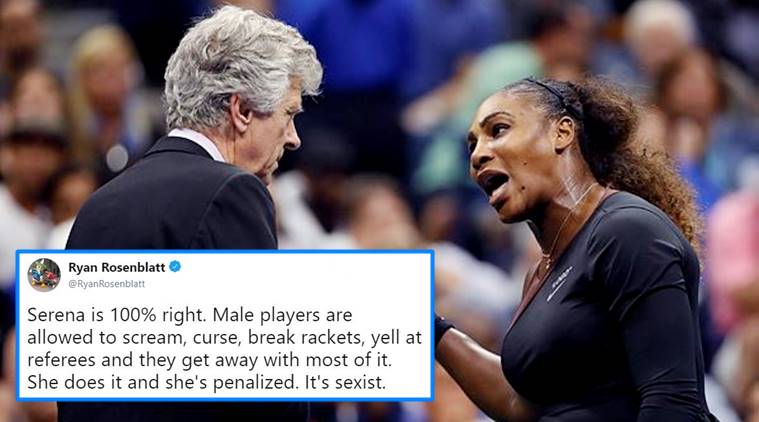For a Colleague and Dr. Blasey Ford
I moved on from my #Metoo moment, compartmentalizing the experience as an ugly event in the distant past. I was lucky. On that awful night, nearly 20 years ago, I was able to remove myself from a bad situation before it escalated into a dangerous one. The occurance and the hideous HR investigation following it did not derail, nor define me. But, with the swirl of vitriol surrounding the Kavanaugh nomination that’s demoralizing our national psyche (and mine), I’ve been forced to go back to that dark experience from my past.
The memories, which are suffocating, were triggered by an email I received this week from a former colleague. She bore the brunt of aggregious behavior by a drunken executive, for which I feel horribly responsible. You see, I chose not to stand up to the asshole when I was his target and as a result, someone else fell into his clutches.
It was an evening of celebration for my company. As has been the case throughout my career, I was the sole female executive, (another issue for another day) so as usual, I found myself surrounded by male colleagues. This time, we were in a crowded bar, but nothing out of the ordinary occurred until one of them grabbed me by the back of my neck and pulled me uncomfortably close so he could whisper how much power and control he had at the company and over me. It was surreal. I scanned the table and registered with alarm that some of my colleagues realized something wasn’t right. But, not one intervened. In the heat of the situation, I frantically reviewed my options. While I contemplated being assertive and throwing my drink in his face or abruptly standing to physically break free, I made the choice not to be “that woman”, nor to “make a scene”. So, I endured the verbal abuse and when the guy got distracted and loosened his grip, I saw my chance to break free and quickly retreated to my hotel room.
There, I fumed, furious for not reacting to the situation in the manner I expected of myself, furious with my colleagues who saw that I was in trouble, but did nothing and of course, furious with the “esteemed” executive, who was disgustingly inebriated and physically and verbally abusive.
The next morning, fury turned to shame and guilt when I discovered that one of my managers made the tragic mistake of taking my seat after I left. With more alcohol to fuel his drunken power trip, the executive’s behavior turned even more aggressive and harrowing.
The harrassment threw my colleague off course well beyond that evening in a manner that had deep personal and professional ramifications. Her email this week reminded me how greatly we failed her, how greatly I failed her. She spiraled out of control not just because of the abuse she endured in that bar, but because the company, while feigning concern and zero tolerance afterwards, actually did nothing in response. I let myself get talked into believing that doing the right thing by her wasn’t as important as protecting our stock price. Why risk public embarrassment and potential harm on Wall Street when no one was “really hurt”?
The guy? I’m sure he was humiliated to have endured the HR investigation (poor thing), most likely because the subject matter was so beneath who he believed himself to be. But, beyond that, there were no consequences. He moved on from the company years after the incident—taking on a CEO position elsewhere. Obviously, he experienced no professional derailment as a result of his behavior.
I wonder if he or my former colleagues watched the Senate hearing this week. I wonder if the national conversation is triggering memories of the incident as vividily for them as it has for us? Is there reflection and remorse on how we handled the situation? Are they empathatic towards Dr. Blasey Ford, who bravely stood before the world to recall an unspeakable experience? Can these men appreciate how hard it is for far too many of us to observe the oh-so-predictable and gender-biased handling of her allegations? Will they connect the dots back to that time we gathered in a hotel cocktail lounge so many years ago?
I am doubtful, so I write this blog post to nudge them on to do so. They owe it to all #MeToo-ers to be intraspective, to learn, and to simply do and be better. I hope they heed my call -- for our colleague, the wrongs she endured and to honor the courage displayed by Dr. Blasey Ford this week.

